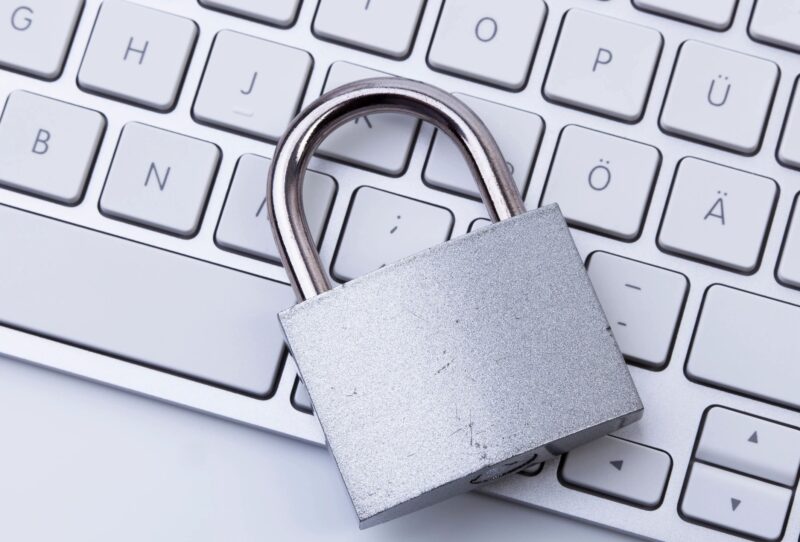The password is the most commonly used form of authentication used to control access to information. For millions of people around the globe, the password provides the first line of defense against unauthorized access to sensitive information. Passwords are a simple, inexpensive, and convenient mechanism to use and implement hence their ubiquity.
When used correctly, passwords can effectively protect our computers and personal information from hackers and other malicious actors. Unfortunately, passwords can also be an extremely poor form of protection. In fact, the vast majority of hacking-related breaches involve stolen passwords or weak passwords.

Passwords have become increasingly less secure in recent years. As a result, other more advanced and secure means of authentication — including biometric technologies such as fingerprint, face recognition, and iris recognition — are gaining traction. However, most of these authentication technologies are still relatively new and not as reliable as passwords.
Guide To Secure Passwords and Logins
At the moment, individuals and businesses should focus on improving their password hygiene to keep their data secure. There are several simple and frictionless solutions to implement for better, more secure passwords. Here are a few tips to secure passwords and logins.
Don’t Reuse Passwords
Never use the same password for numerous online accounts or logins. If a bad actor steals your login credentials, the first thing they’ll do is try your password on all online accounts affiliated with your email. If you use identical passwords for all your online accounts, the damage will be more devastating.
Use Strong Passwords
The fundamental problem with passwords as a form of authentication is that people are not always very good at choosing strong, secure passwords. Use digits, symbols, and combinations of upper and lower case letters to create strong, unique passwords for all your online accounts. Your password should be at least 12 characters.
Multi Factor Authentication
Using Multi-Factor Authentication (MFA) is an excellent way to provide an extra level of security above and beyond your password. MFA still involves the use of a password. However, users still need to give some other form of authentication to gain access. It could be a one-time password sent to a phone number registered to you or an authenticator app such as Google Authenticator app on your smartphone.
Use a Password Manager
With the dozens of online accounts the modern internet user has, managing passwords can be a challenge. Most people usually resort to easily guessable passwords such as pet names, names of their loved ones, etc. However, weak passwords jeopardize the information they are meant to protect. So instead of using a weak password or even reusing one, use a password manager to set and store strong, unique passwords.
Security Tools to Further Secure Your Online Presence
In addition to protecting your passwords and logins, there are other steps you can take to secure your online presence. One of the most effective techniques to secure your data online is using a Virtual Private Network (VPN) to protect your network. A VPN encrypts your internet traffic, making it virtually impossible for hackers to intercept your data. With a free VPN trial, you can protect your devices and network from intrusion.
Using antivirus software is also a great way to harden your online protection and reduce the risks associated with password theft. In addition to providing strong malware protection, the best antivirus products in the market will also function as password managers. You can use these solutions to generate, store, and autofill passwords across your devices and online accounts.
Compared to other forms of authentication, passwords are easier to use and administer due to their simplicity. If implemented correctly, passwords can be a quite effective deterrent to unauthorized access. But passwords can also be a weak form of protection. However, following proper password practices will considerably improve password security.


